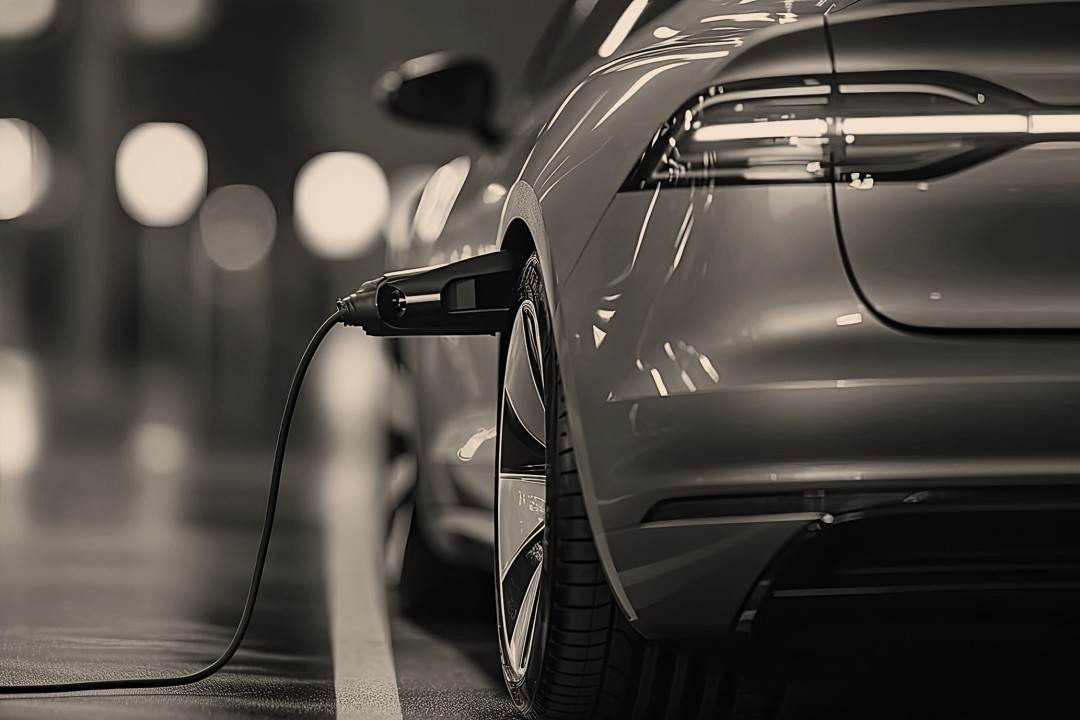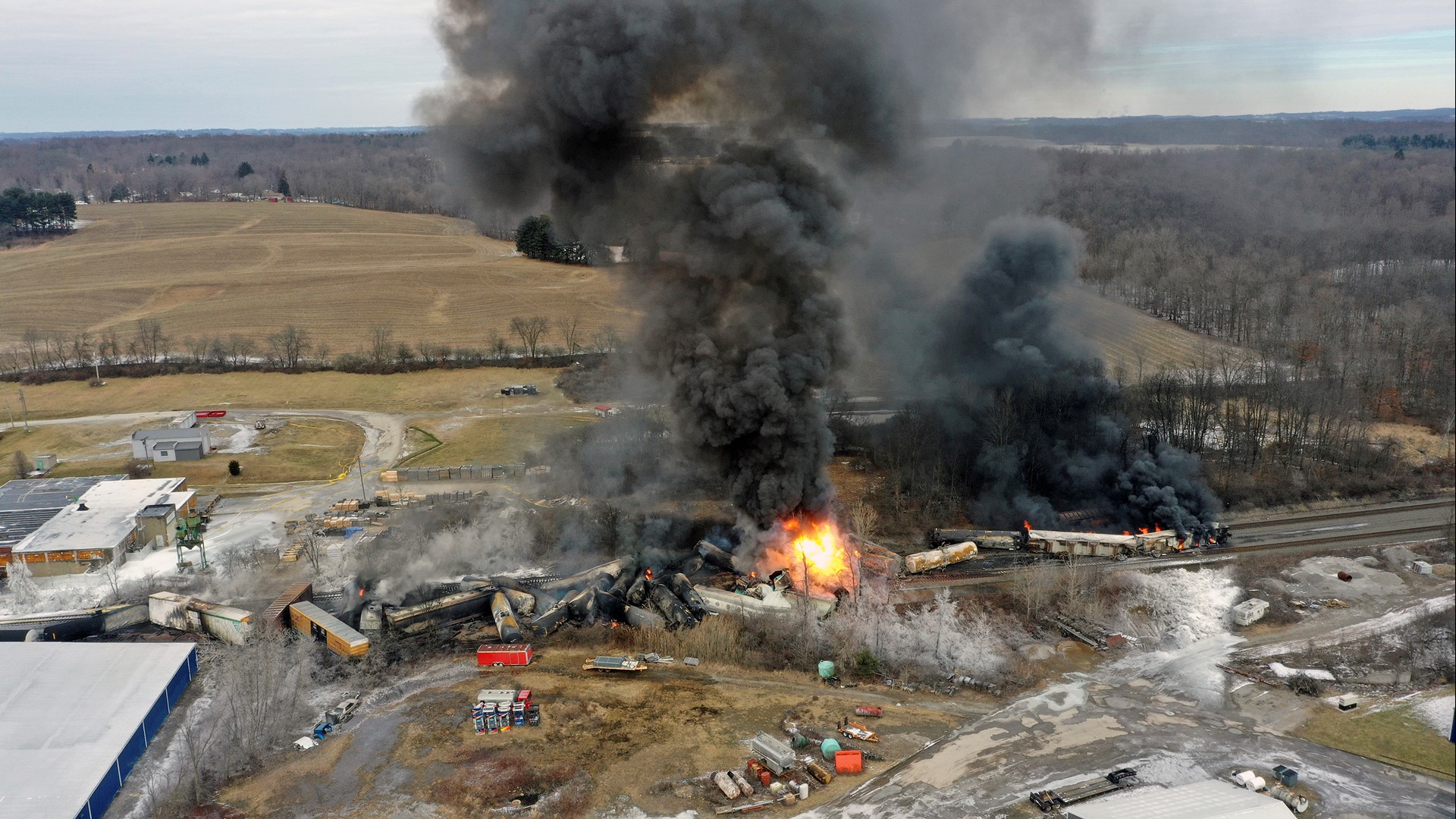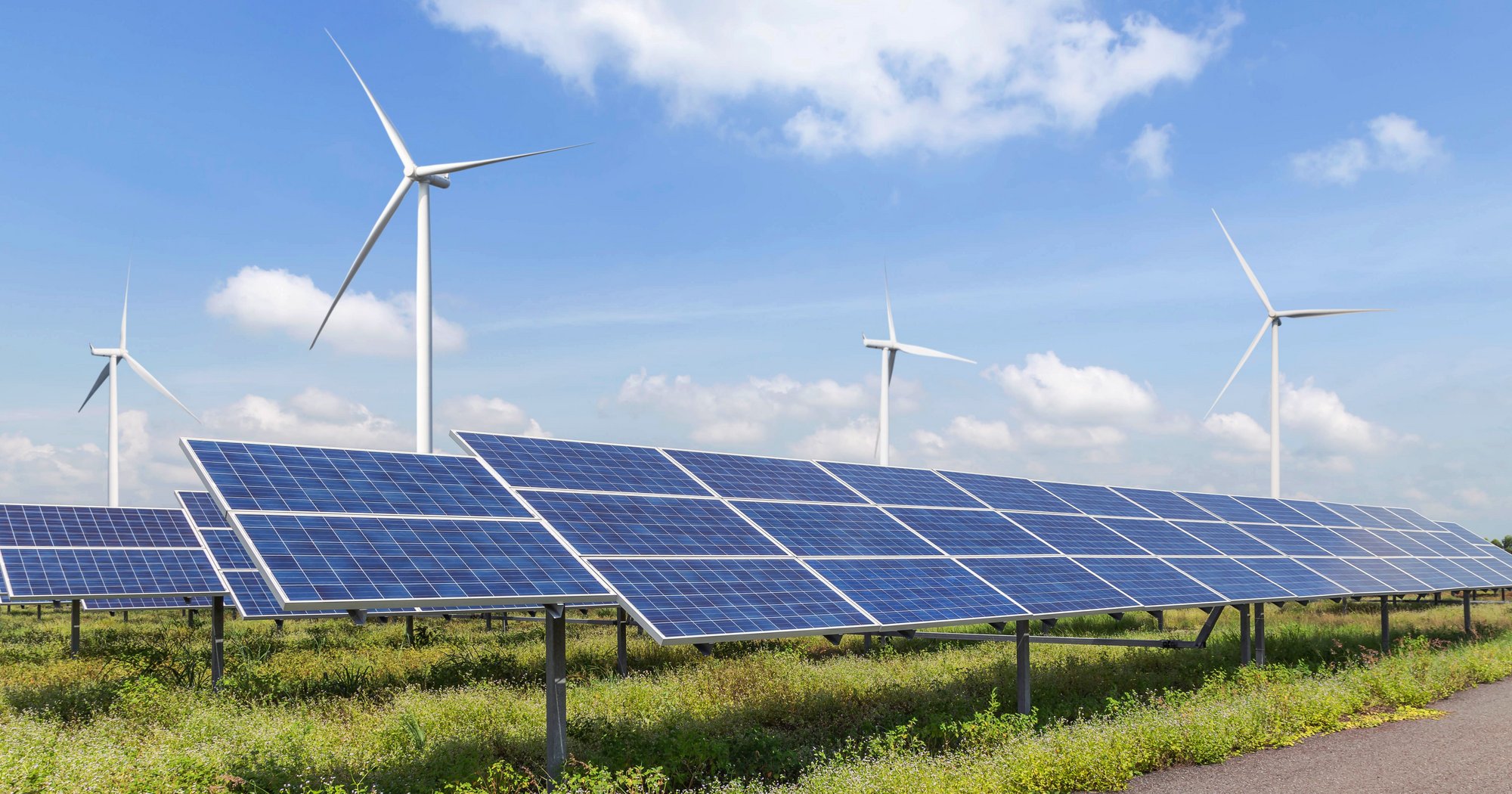Auto Dealers Double Down On Opposition To EV Sales Targets

Table of Contents
Economic Concerns Fueling Dealer Resistance
The core of the auto dealers' resistance lies in substantial economic concerns stemming from the transition to EVs. The shift presents a complex set of challenges that threaten their established business models and profitability.
Impact on Profit Margins
The traditional automotive dealership model relies heavily on service revenue and parts sales, areas significantly impacted by the shift to EVs. Electric vehicles have far fewer moving parts, leading to reduced maintenance needs and lower service revenue.
- Lower service revenue due to fewer mechanical parts: EVs require less frequent and less extensive servicing compared to internal combustion engine (ICE) vehicles.
- Higher upfront investment in EV training and infrastructure: Dealers need to invest heavily in specialized training for technicians and the installation of charging infrastructure, adding considerable upfront costs.
- Potential for reduced sales volume due to higher purchase price of EVs: The higher initial cost of EVs can limit consumer demand, resulting in lower sales volume for dealerships.
Investment Costs and Infrastructure
Adapting to the EV market requires significant financial investments from auto dealers. This includes substantial upgrades to their infrastructure and employee training.
- High cost of installing fast-charging stations: The infrastructure needed to support EV charging, especially fast-charging stations, represents a considerable capital outlay.
- Need for specialized EV mechanic training: Technicians require specialized training to diagnose and repair EV components, adding to training costs.
- Investment in new diagnostic equipment: Dealers need to invest in new, specialized diagnostic tools and equipment designed for EVs.
Inventory Management Challenges
Managing EV inventory presents unique challenges compared to traditional vehicles.
- Longer lead times for EV deliveries: The supply chain for EV components is often more complex and prone to delays, resulting in longer lead times for vehicle deliveries.
- Higher risk of battery technology obsolescence: Rapid advancements in battery technology increase the risk of inventory obsolescence, leading to potential losses.
- Difficulty predicting EV demand: Accurately predicting consumer demand for specific EV models remains a significant challenge due to the relatively nascent market.
Concerns about Consumer Demand and Readiness
Beyond economic concerns, auto dealers express significant anxieties regarding consumer readiness and demand for EVs.
Limited Consumer Awareness and Range Anxiety
Dealers cite concerns about range anxiety, charging infrastructure limitations, and a lack of consumer awareness about government incentives as key barriers to EV adoption.
- Public perception of limited range: Many consumers remain hesitant due to concerns about EVs' driving range and the availability of charging stations.
- Lack of convenient charging stations: The lack of widespread, convenient public charging infrastructure remains a significant barrier to widespread EV adoption.
- Confusion about available government subsidies: Many consumers remain unaware of, or confused about, available government incentives and rebates for EV purchases.
The Perception of Higher EV Prices
The higher initial purchase price of EVs compared to gasoline-powered vehicles is another significant obstacle to broad adoption.
- Higher upfront cost compared to gasoline vehicles: The substantial price difference between EVs and ICE vehicles can deter potential buyers.
- Limited availability of affordable EV models: The current market offers a limited selection of affordable EVs, further limiting accessibility for many consumers.
- Potential for slower depreciation: The depreciation rate of EVs might be slower than that of gasoline vehicles, impacting resale value and dealer profitability.
Lack of Government Support for Dealer Transition
Dealers also highlight the lack of sufficient government support and incentives to facilitate their transition to the EV market.
- Insufficient funding for dealer training programs: Government funding for training programs to equip dealers with the skills needed to service and sell EVs is often inadequate.
- Lack of tax breaks for EV infrastructure investments: Tax incentives and other financial support for dealers investing in EV charging infrastructure are often insufficient.
- Inadequate support for marketing EV adoption: Government support for marketing campaigns aimed at promoting EV adoption and addressing consumer concerns is often lacking.
The Political Landscape and Regulatory Pressure
The debate surrounding EV sales targets is deeply intertwined with the political landscape and regulatory pressure.
Lobbying Efforts by Dealer Associations
Auto dealer associations are actively lobbying against stricter EV sales targets, advocating for more flexible regulations.
- Pressure on lawmakers to ease or delay EV mandates: Dealer associations are actively lobbying to influence legislation related to EV sales targets.
- Collaboration with advocacy groups: They collaborate with various advocacy groups to amplify their message and influence public opinion.
- Use of public relations campaigns to influence public opinion: Dealer associations utilize public relations campaigns to shape public perception of EV sales mandates.
Potential Legal Challenges to EV Mandates
Some dealer groups are considering or initiating legal challenges to contest the legality or feasibility of EV sales targets.
- Argument of regulatory overreach: Legal challenges often argue that government mandates overstep regulatory authority.
- Potential legal challenges based on economic impact: Dealers may challenge mandates based on their potential negative economic consequences.
- Lobbying for amendments to proposed legislation: Dealer associations actively lobby for amendments to proposed legislation to make EV sales targets less stringent.
Conclusion: Navigating the Future of Auto Sales in the EV Era
The resistance of auto dealers to EV sales targets stems from a confluence of economic anxieties, concerns about consumer demand, and the complex political dynamics surrounding the transition to electric mobility. The challenges faced by dealers in adapting to the EV era are significant and require careful consideration. Finding a balance between promoting widespread EV adoption and ensuring a fair and sustainable transition for auto dealers is crucial. To engage in this critical discussion, research government policies on EV sales targets, engage with dealer associations, and explore the economic implications of EV adoption for the automotive industry. Addressing the concerns surrounding "Auto Dealers Double Down on Opposition to EV Sales Targets" is essential for a successful transition to a sustainable transportation future.

Featured Posts
-
 Pope Benedicts Funeral Examining Trumps High Profile Attendance
Apr 27, 2025
Pope Benedicts Funeral Examining Trumps High Profile Attendance
Apr 27, 2025 -
 Ohio Train Disaster Prolonged Exposure To Toxic Chemicals In Buildings
Apr 27, 2025
Ohio Train Disaster Prolonged Exposure To Toxic Chemicals In Buildings
Apr 27, 2025 -
 Pegulas Charleston Open Comeback Stunning Victory Over Collins
Apr 27, 2025
Pegulas Charleston Open Comeback Stunning Victory Over Collins
Apr 27, 2025 -
 Dax Bundestag Elections And Economic Indicators A Complex Relationship
Apr 27, 2025
Dax Bundestag Elections And Economic Indicators A Complex Relationship
Apr 27, 2025 -
 Pne Group Awarded Permits For Two Wind Farms And A Pv Plant In Germany
Apr 27, 2025
Pne Group Awarded Permits For Two Wind Farms And A Pv Plant In Germany
Apr 27, 2025
